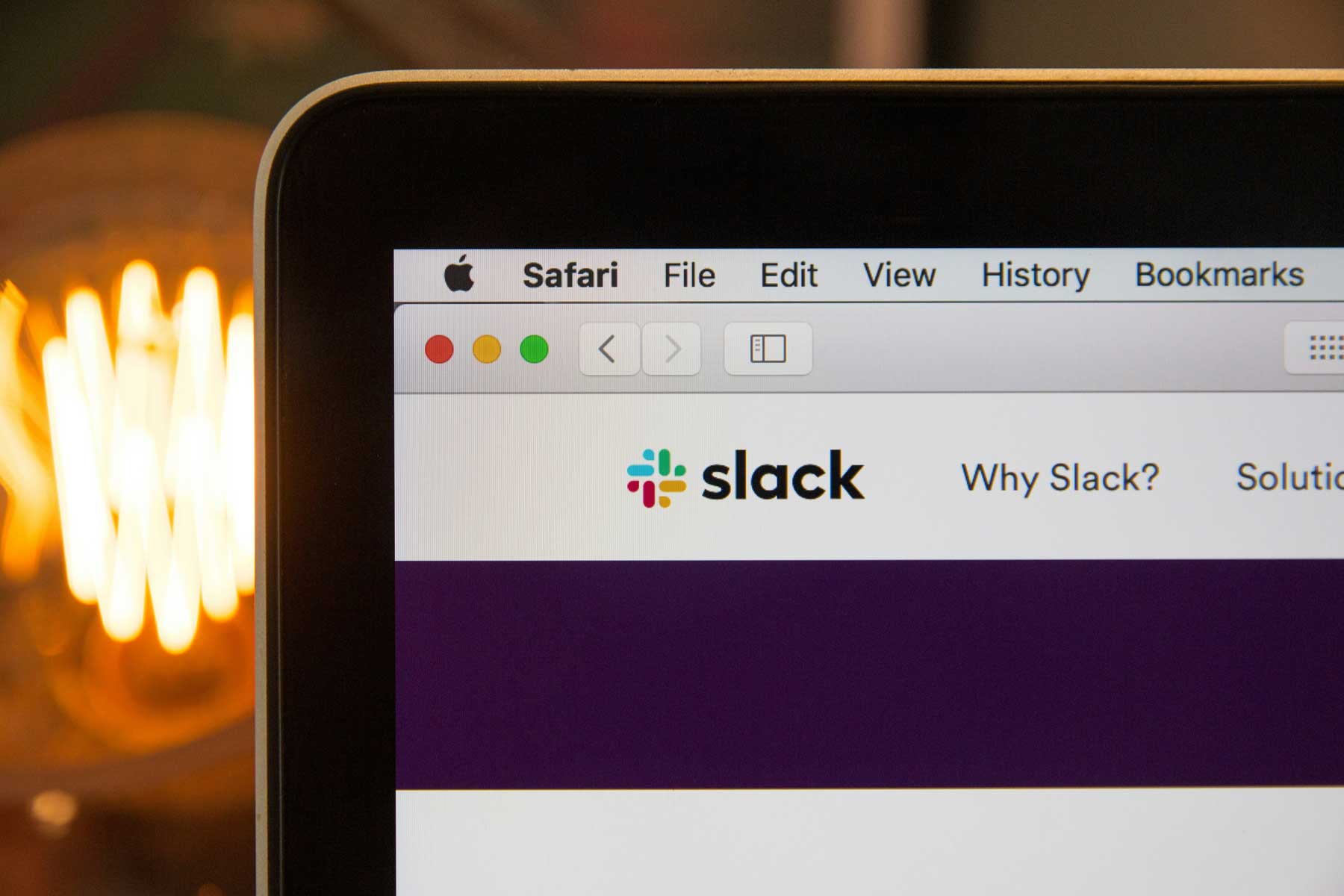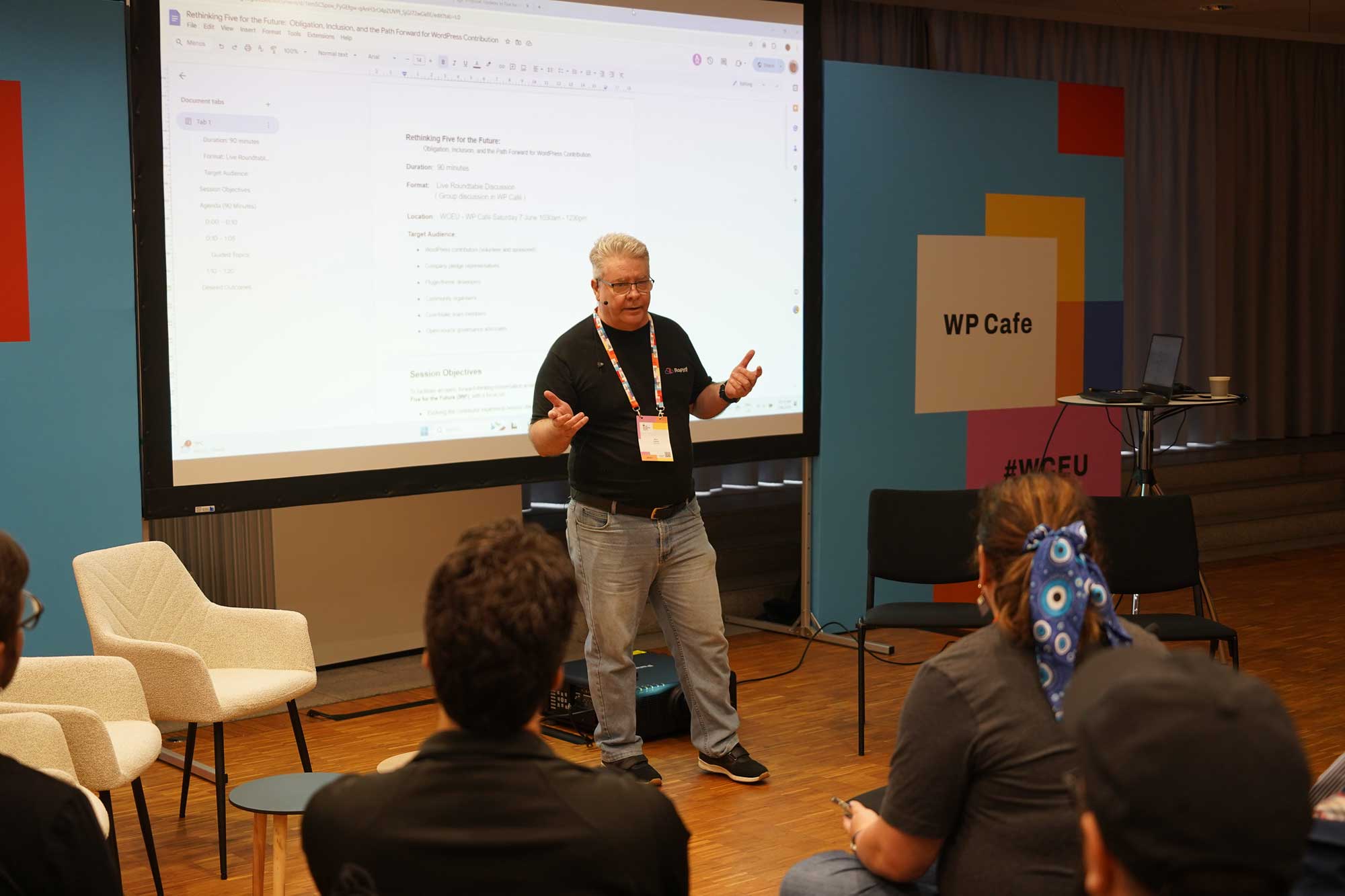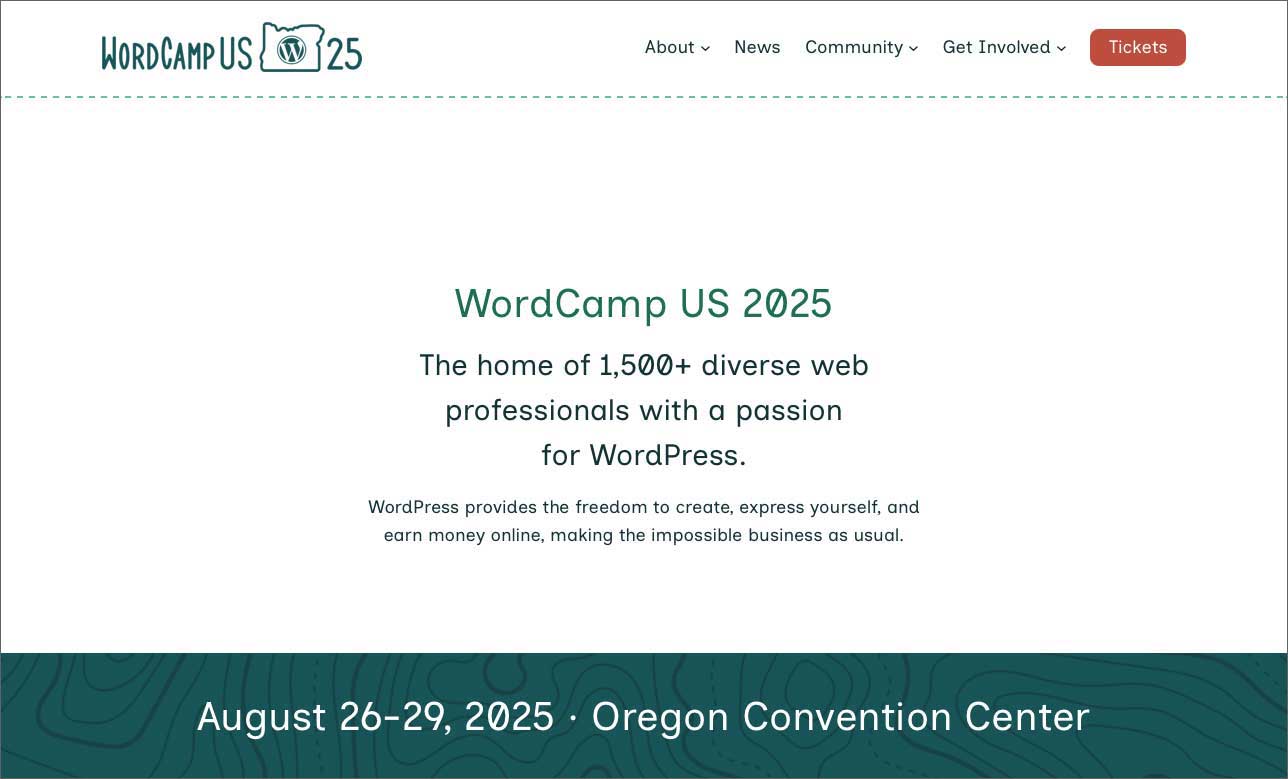The WordPress Community Code of Conduct has been updated to prohibit sharing private messages without consent, sparking mixed reactions over its timing amid broader tensions in the WordPress community.
Announcing the update on WordPress.org News, Nicholas Garofalo, an Automattic-sponsored contributor, said the change reinforced existing guidelines around professional integrity.
“The relationships we build within our community often involve private discussions. These conversations may involve sensitive matters, personal experiences, or simply casual exchanges,” Garofalo said. “Regardless of the content, every individual should feel confident that their private communications will remain private unless they grant explicit permission to share them.”
An exception to the Code of Conduct change allows private messages to be shared when reporting incidents to the WordPress Incident Response Team.
While the update was mostly welcomed on Making WordPress Slack, it drew an overwhelmingly negative response on X, including many inappropriate and harassing posts directed at Matt Mullenweg. The WordPress co-founder has publicly attacked WP Engine in recent weeks, claiming the hosting company is a “cancer to WordPress” and has infringed the WordPress trademarks. WP Engine has filed a lawsuit against Mullenweg and his company, Automattic, accusing them of “abuse of power, extortion, and greed.”
Carolina Nymark, a Yoast-sponsored contributor, welcomed the Code of Conduct update, sharing that she had previously been affected by the sharing of her private Slack messages:
Nicholas Griffin, a Senior Software Engineer at the BBC, suggested additional changes to protect whistleblowers:
The update to the Code of Conduct was prompted by a heated exchange in Post Status Slack on October 14, with screenshots shared on X by Kellie Peterson, the former Head of Domains at Automattic. The public sharing of the screenshots led to a change to the business community’s Code of Conduct prohibiting the sharing of screenshots, copying of text, or otherwise sharing outside of Post Status Slack.
The update also follows recent bans from Making WordPress Slack, including an unknown number of people who disagreed with Mullenweg’s posts or responded with clown emojis.
Angela Jin, the former Head of Programs & Contributor Experience for WordPress.org at Automattic, raised concerns on her blog about the potential weaponization of community codes of conduct. Jin, who established the WordPress Incident Response Team, criticized the change’s timing, suggesting it seemed more reactive than strategic.
“… this latest change is something that most people under regular circumstances, will likely readily agree to. However, it contradicts my experience with the Community and Incident Response Teams,” Jin said. “We generally tried to avoid making very specific ‘don’t do this’ type rules, opting instead for behaviors we wanted to encourage.”
Changes to the Code of Conduct typically followed discussion amongst members of the Incident Response Team, said Jin, adding, “I have difficulty believing they would make such a change without public discussion.”
She said it was “alarming” that members of the Incident Response Team had quit in recent weeks, including Sam Suresh, CEO of ModernLMS, and Megan Rose, Codeable’s Head of Community, who left over mental health concerns.
Image credit: Stephen Phillips – Hostreviews.co.uk on Unsplash.








